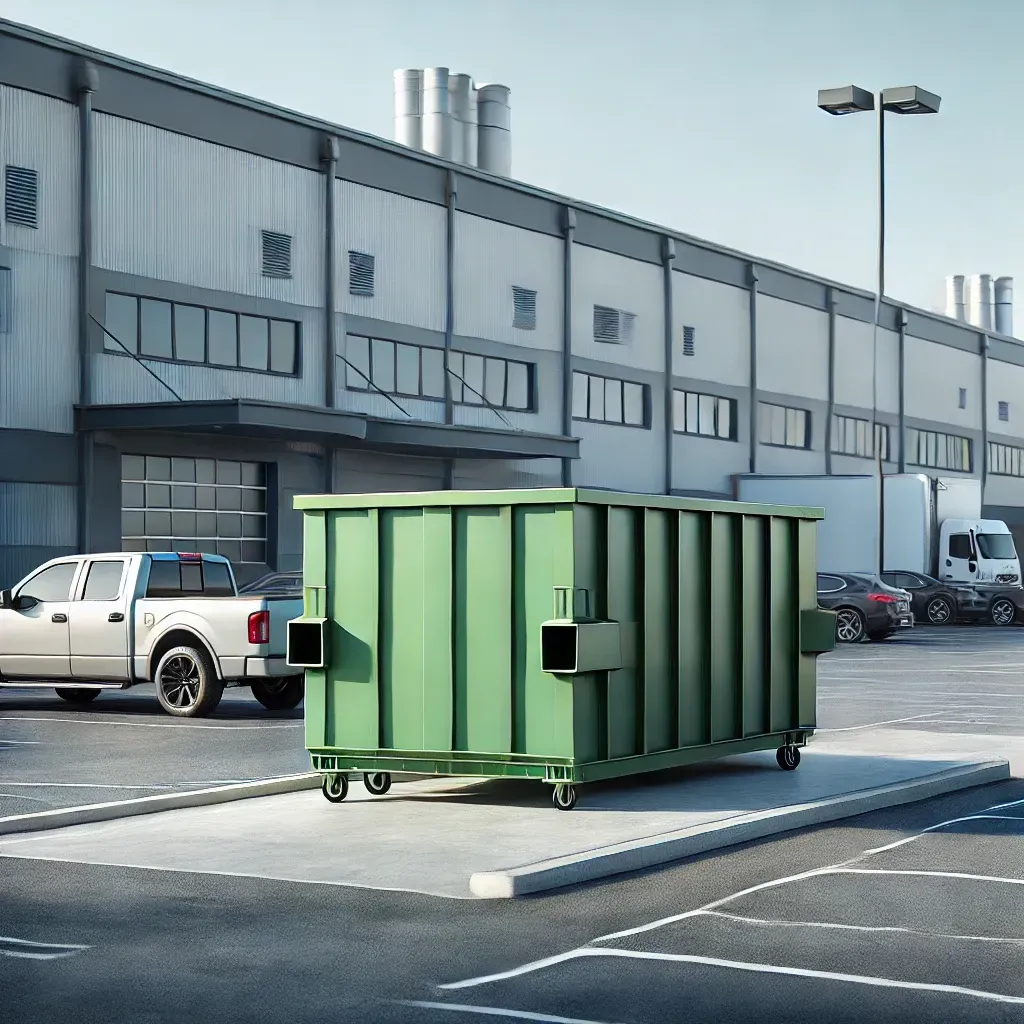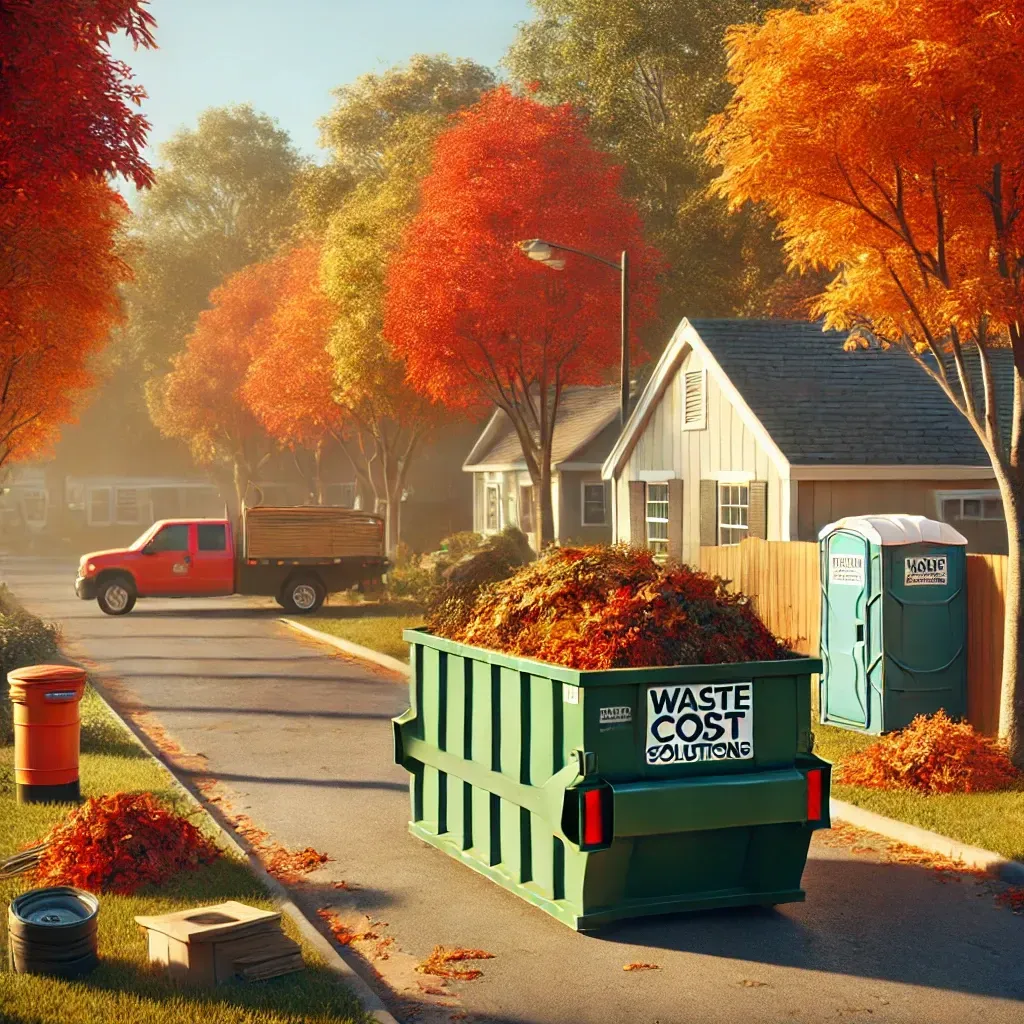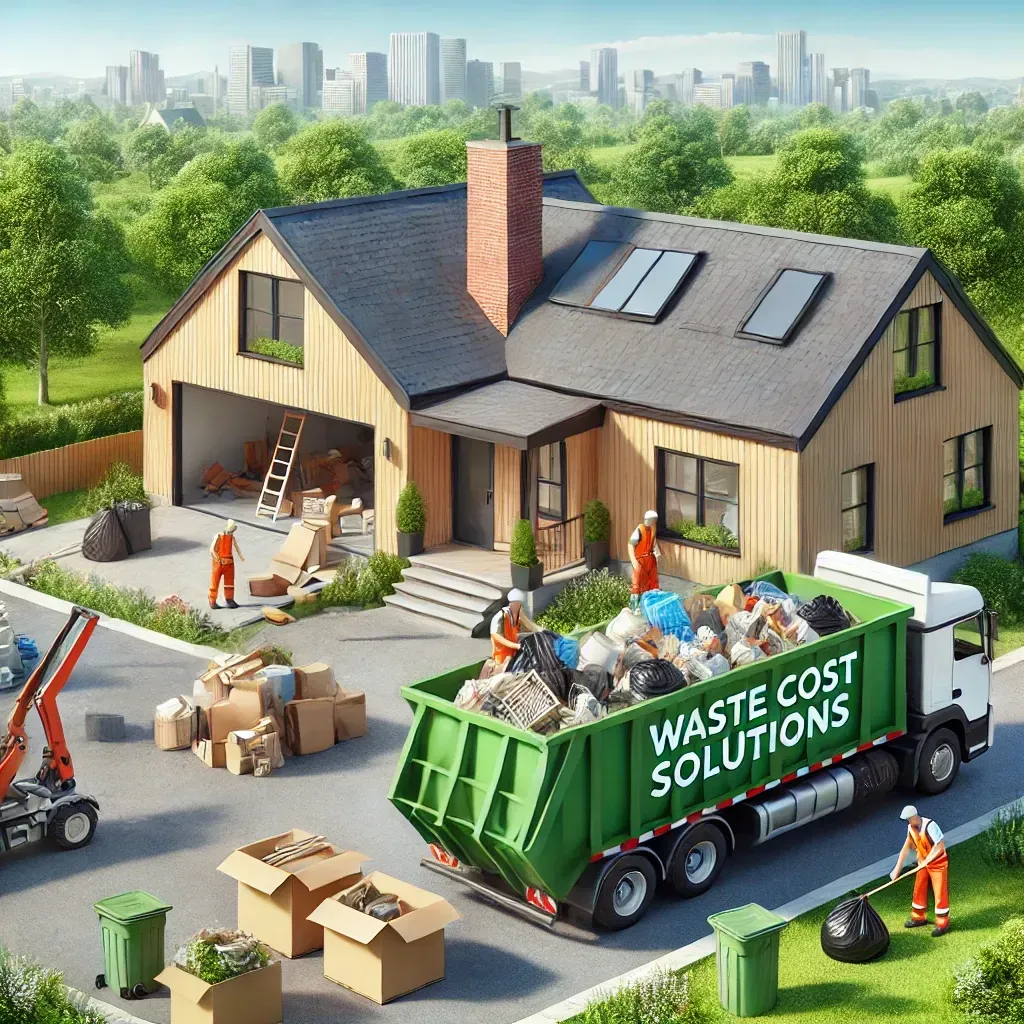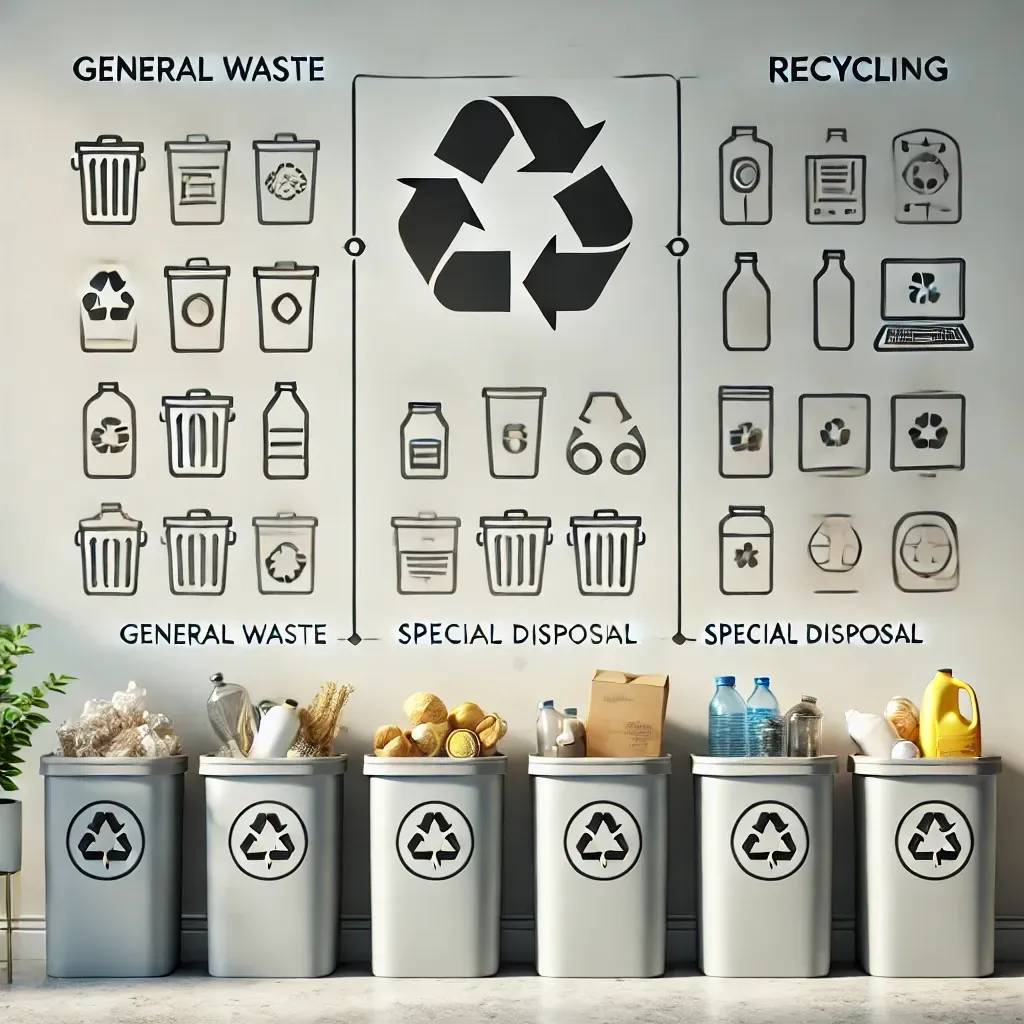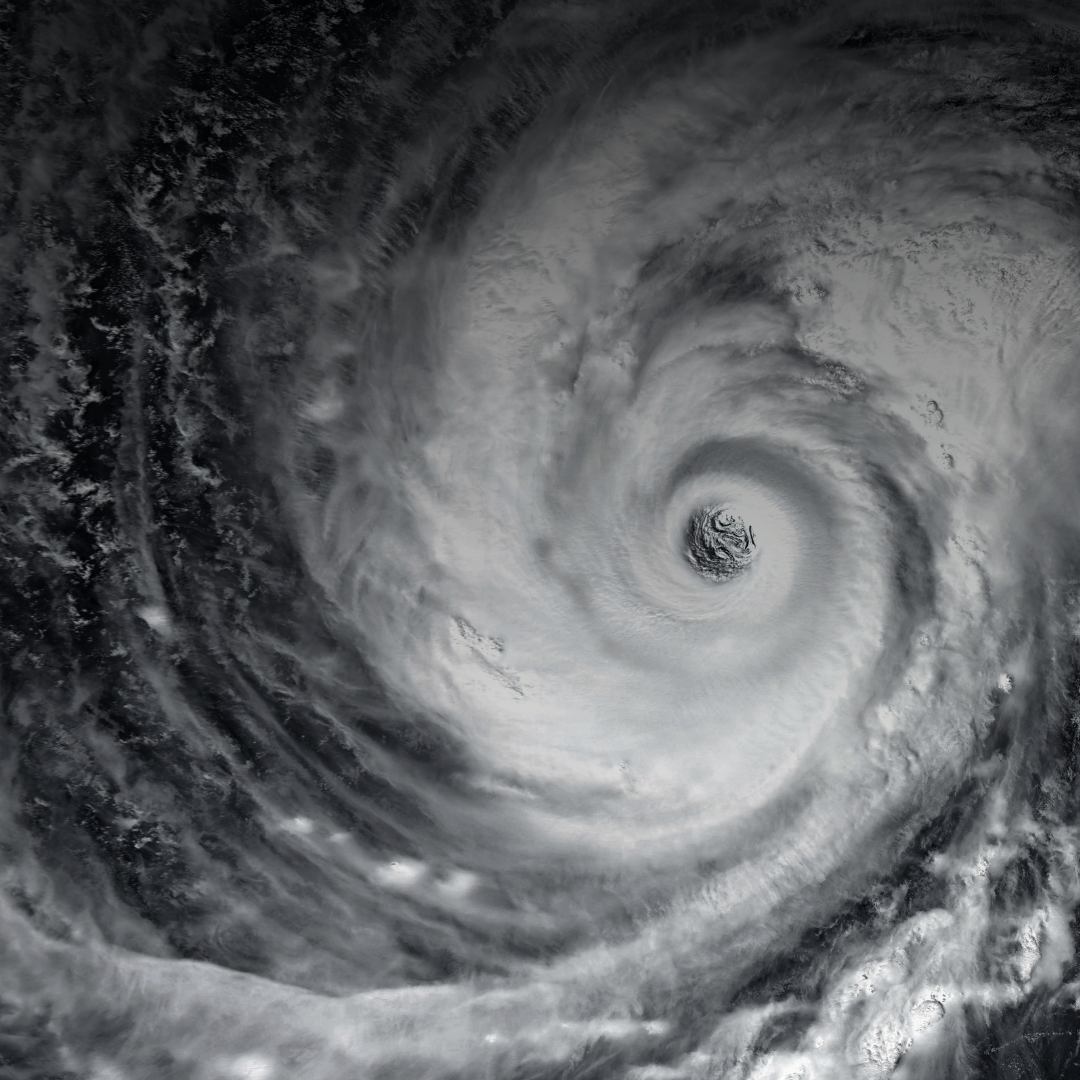Composting 101: Reducing Home and Work Food Waste
Everything You Need to Know About Composting
More and more people are becoming interested in composting as a way to reduce their environmental impact. If you're not familiar with the concept, composting is the process of breaking down organic matter (like food scraps and yard waste) into a nutrient-rich soil amendment that can be used to improve the quality of your garden soil.
Not only is composting great for the environment, but it can also save you money on expensive store-bought soil amendments and fertilizers. In this blog post, we'll cover everything you need to know about composting, including how to get started, what materials you can compost, and how to use your finished compost.
What is Composting?
Composting is the process of breaking down organic matter (like food scraps and yard waste) into a nutrient-rich soil amendment that can be used to improve the quality of your garden soil.
Not only is composting great for the environment, but it can also save you money on expensive store-bought soil amendments and fertilizers. In this blog post, we'll cover everything you need to know about composting, including how to get started, what materials you can compost, and how to use your finished compost.
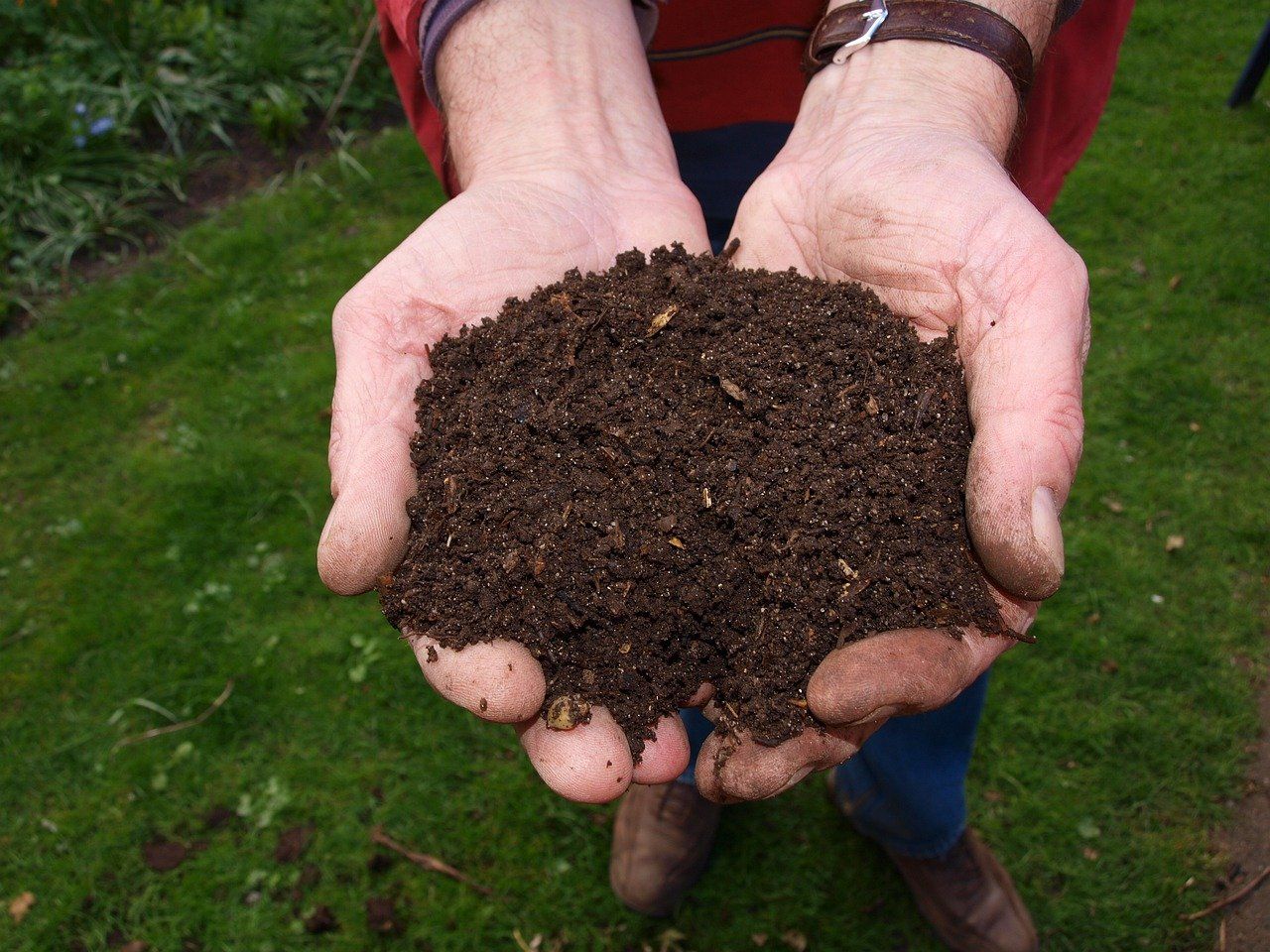
Getting Started with Composting
If you're interested in starting a compost bin in your home or backyard, there are a few things you'll need to get started. First, you'll need a bin or container to hold your materials. This can be anything from a commercial compost bin to a simple wire mesh cage or even an empty trash can with holes drilled in the bottom for drainage.
Next, you'll need some type of material to fill your bin. The best way to start is with a layer of "brown" materials (things like dead leaves, twigs, and paper) followed by a layer of "green" materials (things like grass clippings and fruit/vegetable scraps). As you add more materials to your bin, be sure to alternate between brown and green layers.
Once your bin is filled with alternating layers of brown and green materials, it's time to add some water. The goal is to keep your ingredients moist but not soggy, so add enough water until everything is evenly dampened without pooling at the bottom of your bin.
Now all you have to do is wait! With proper aeration and moisture levels, your materials should start breaking down within a few weeks' time. You can speed up the process by occasionally turning or stirring your ingredients so they get oxygenated.
Materials You Can Compost
One of the most common questions people have about composting is what types of materials can (and cannot) be added to their bins. In general, any organic material that was once living can be added to your compost pile (with a few exceptions). This includes things like:
-Fruit & vegetable scraps
-Coffee grounds & filters
-Eggshells
-Grass clippings & leaves
-Hair & nails (yes, really!)
-Fireplace ashes
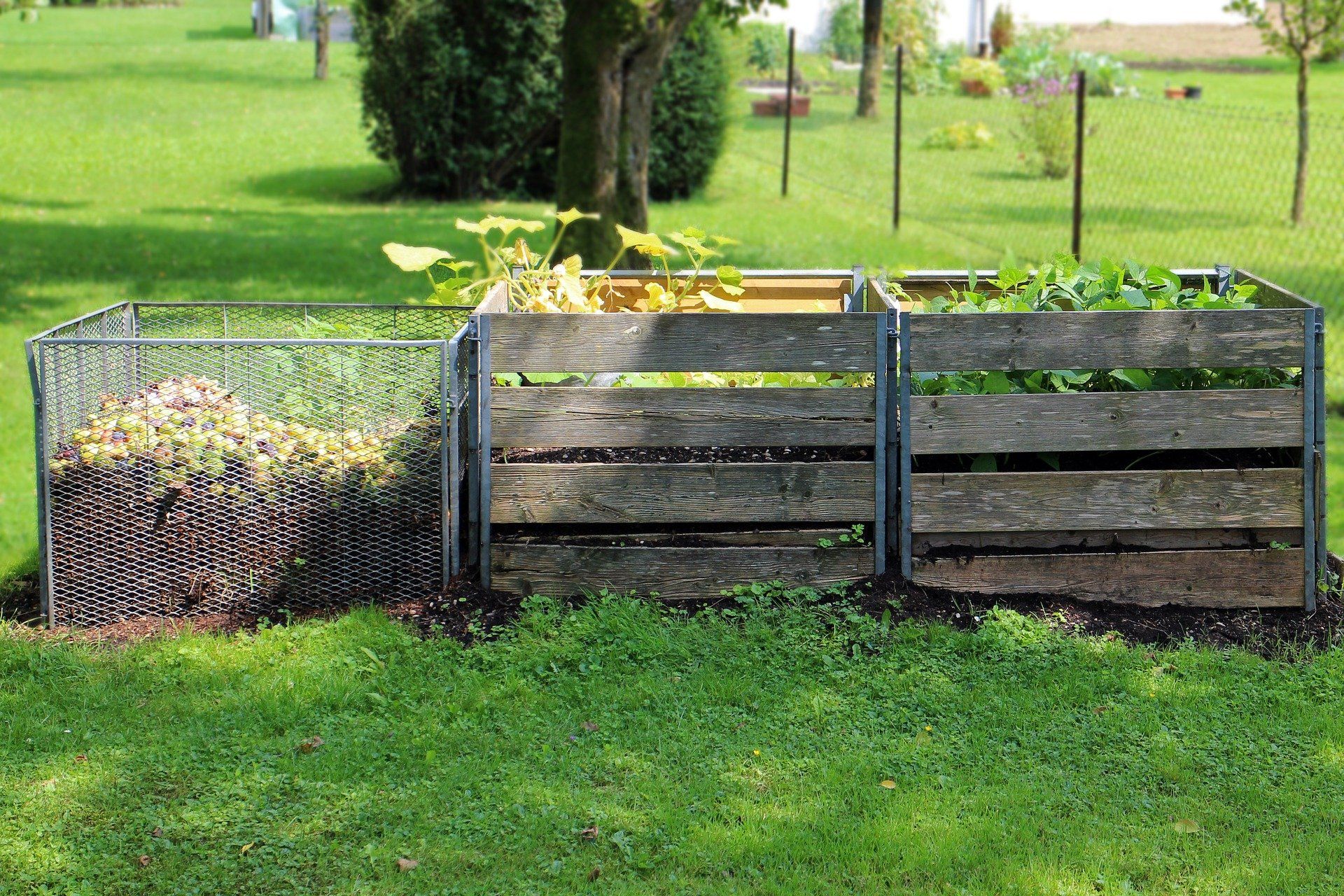
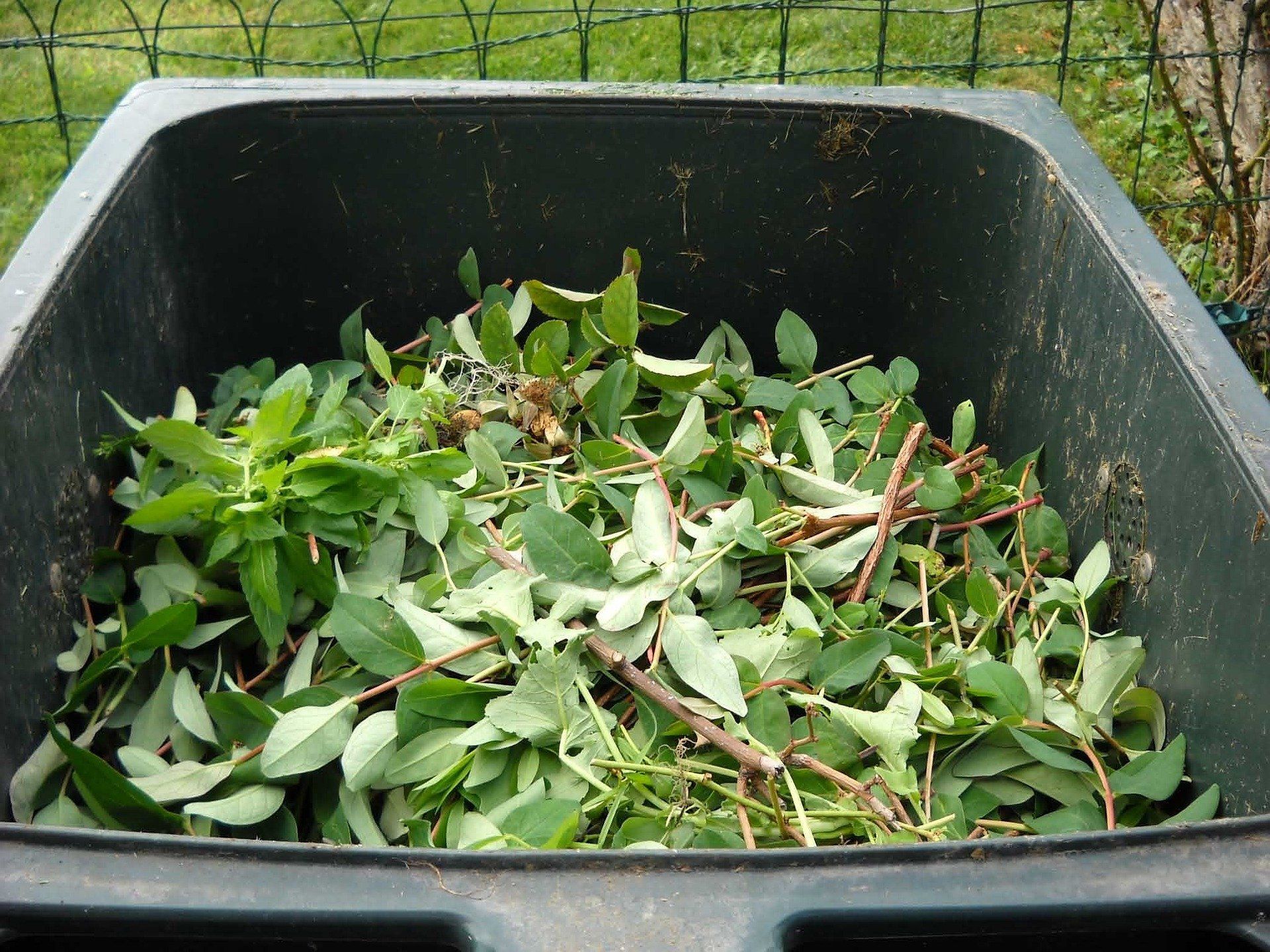
Materials You Can't Compost
There are also some materials that should not be added to your compost pile because they may attract pests or harmful bacteria/diseases. These include:
-Meat & bones
-Dairy products
-Cooked food
-Oil & grease
-Weeds with seeds
-Pet waste
-Diseased plants
Of course, this list is not exhaustive, so if you're ever unsure about whether or not something can be added to your pile, it's always best to err on the side of caution and leave it out. Better safe than sorry!
Using Your Finished Compost
Once your material has broken down into rich soil full of nutrients, it's time to start using it in your garden! Depending on what type of plants you're growing, you might want to mix some finished compost directly into planting areas before adding new plants. For established plants, you can spread a thin layer of finished compost around each plant and then work it gently into the top layer of soil with a rake or hoe. This will help give them a little boost of fertilizer without disturbing their roots too much. You might also want to experiment with different ratios of finished compost mixed with store-bought potting soil next time you replant pots or containers around your home.
As more people become interested in reducing their environmental impact, composting is becoming increasingly popular. If done correctly, composting can save money on expensive store-bought soil while also being great for the environment.
